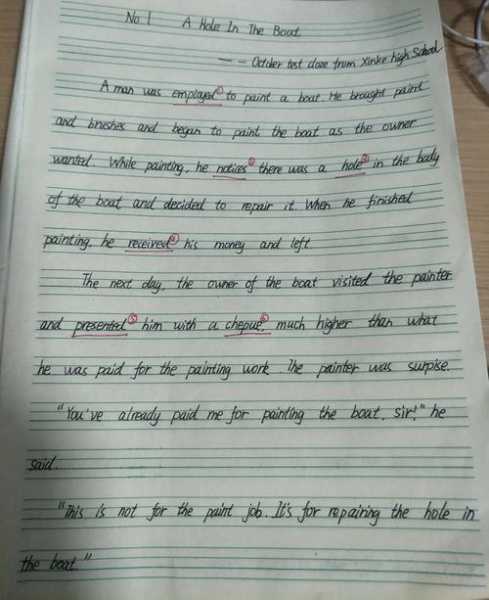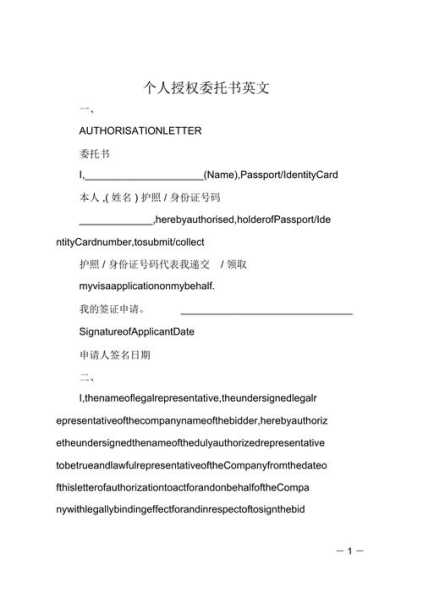This guide provides an in-depth understanding of the Real Estate Power of Attorney, explaining its purpose, types, and legal implications. It outlines the responsibilities of the attorney, the scope of authority granted, and the importance of drafting a clear and comprehensive document. It is essential for anyone involved in real estate transactions to comprehend the power of attorney to ensure legal protection and smooth transaction processes.
Introduction:

In the realm of real estate transactions, the use of a power of attorney is a common practice to grant someone the legal authority to act on behalf of another person. An "房产授权委托书" (real estate power of attorney) is a legal document that outlines the specific powers and responsibilities given to the agent or attorney-in-fact. This article aims to provide a comprehensive guide to understanding the real estate power of attorney in English, covering its purpose, types, legal implications, and how to draft one.
I. Purpose of a Real Estate Power of Attorney
A real estate power of attorney is used to facilitate transactions when the principal (the person granting the authority) is unable to be physically present or is unable to handle the transaction due to other reasons. The agent or attorney-in-fact is granted the legal authority to perform certain actions on behalf of the principal, such as signing documents, negotiating deals, and closing transactions.
II. Types of Real Estate Power of Attorney
1、General Power of Attorney: This type of power of attorney grants the agent broad authority to act on behalf of the principal in various matters, including real estate transactions. However, it is important to note that a general power of attorney may be revoked at any time by the principal.
2、Special Power of Attorney: A special power of attorney is limited to specific tasks or transactions, such as purchasing or selling a property. It is more restrictive than a general power of attorney and is often used for a single transaction.
3、Durable Power of Attorney: This type of power of attorney remains in effect even if the principal becomes incapacitated or incapacitation is later determined. It is often used in estate planning to ensure that the principal's affairs are managed in their absence.
III. Legal Implications of a Real Estate Power of Attorney
1、Liability: The agent must act in the best interest of the principal and cannot use the power of attorney for personal gain. If the agent acts negligently or breaches their fiduciary duty, they may be held liable for any damages incurred.
2、Validity: A real estate power of attorney must be properly executed and witnessed to be legally binding. Failure to comply with the formalities may render the document invalid.
3、Revocation: The principal can revoke the power of attorney at any time, provided that the revocation is properly documented and communicated to the agent.
IV. Drafting a Real Estate Power of Attorney
1、Identify the Principal and Agent: Clearly state the names and contact information of the principal and the agent.
2、Define the Powers Granted: Specify the specific actions the agent is authorized to perform, such as signing documents, negotiating deals, and closing transactions.
3、Specify the Scope and Duration: Define the scope of the power of attorney, including the types of real estate transactions and the duration of the authority.
4、Include a Revocation Clause: Provide a clause that allows the principal to revoke the power of attorney at any time.
5、Execute the Document: Ensure that the document is signed by the principal in the presence of witnesses and a notary public, as required by local laws.
V. Conclusion
A real estate power of attorney is a valuable tool that can simplify and streamline real estate transactions. By understanding the purpose, types, legal implications, and how to draft a power of attorney, both principals and agents can ensure that their interests are protected and that transactions are conducted smoothly. Always consult with a legal professional when drafting or executing a power of attorney to ensure compliance with local laws and regulations.
Additional Tips:
- Before granting a power of attorney, the principal should thoroughly research and select a trustworthy and competent agent.
- The principal should keep a copy of the power of attorney and provide a copy to the agent for their records.
- It is advisable to periodically review and update the power of attorney to reflect any changes in the principal's circumstances or preferences.
By following these guidelines, individuals can navigate the complexities of real estate transactions with confidence and legal certainty.
相关阅读:
1、Standard Structure for Writing a Power of Attorney Letter in English
2、Demystifying the English Translation of Real Estate Power of Attorney
4、Creating a Company Power of Attorney: A Step-by-Step English Format Guide
5、How to Craft a Professional and Standardized Power of Attorney: A Comprehensive Guide











